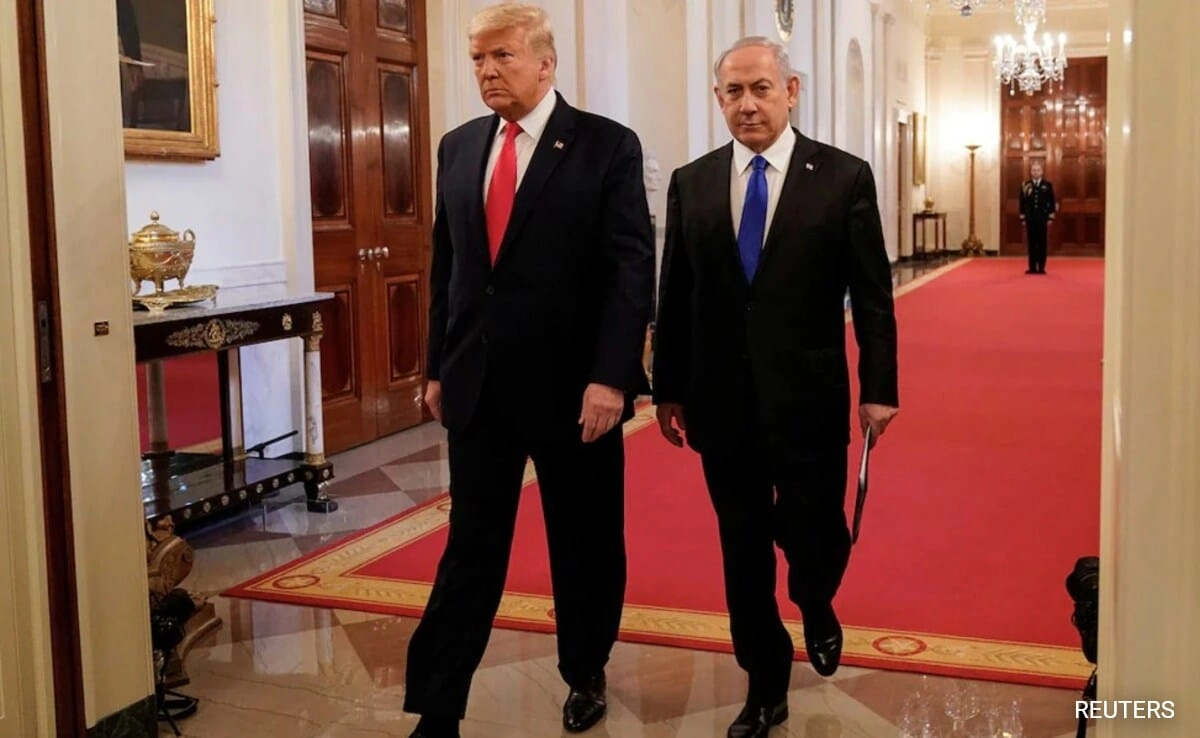The United States has announced its decision to withdraw from UNESCO, the United Nations Educational, Scientific and Cultural Organization, citing ongoing concerns about what it perceives as an anti-Israel bias within the organization. This move comes just two years after the US rejoined UNESCO, a decision that was part of an effort to enhance its engagement with international cultural and educational initiatives. The current administration has expressed frustration over the organization’s stance on Israel, particularly regarding resolutions that the US deems discriminatory or biased against the Israeli government.
This withdrawal reflects a broader trend of US skepticism towards multilateral organizations perceived as biased or ineffective. Critics of UNESCO argue that the organization has a history of passing resolutions that undermine Israel’s legitimacy, thereby alienating a key ally in the Middle East. The US has consistently advocated for a more balanced approach to international relations, particularly concerning the Israeli-Palestinian conflict. By stepping away from UNESCO, the US aims to signal its discontent with what it views as systemic bias and to pressure the organization to adopt more neutral policies.
The decision to leave UNESCO raises significant questions about the future of cultural cooperation and educational initiatives supported by the UN. Many experts warn that this withdrawal could hinder collaborative efforts in areas such as education, science, and heritage preservation, which are of global importance. The US has traditionally played a significant role in funding and shaping the agenda of international organizations, and its absence from UNESCO could lead to a power vacuum that allows other nations to influence the organization’s direction in ways that may not align with US interests.
As the international community watches closely, the implications of this decision will unfold over time. The US’s retreat from UNESCO may also set a precedent for other nations that share similar concerns about perceived biases within international organizations. This development underscores the complex interplay between domestic politics, international relations, and the role of global institutions in fostering collaboration on critical issues facing humanity. The future of UNESCO and its mission to promote peace and cultural understanding may now be challenged by the shifting dynamics of international diplomacy.




